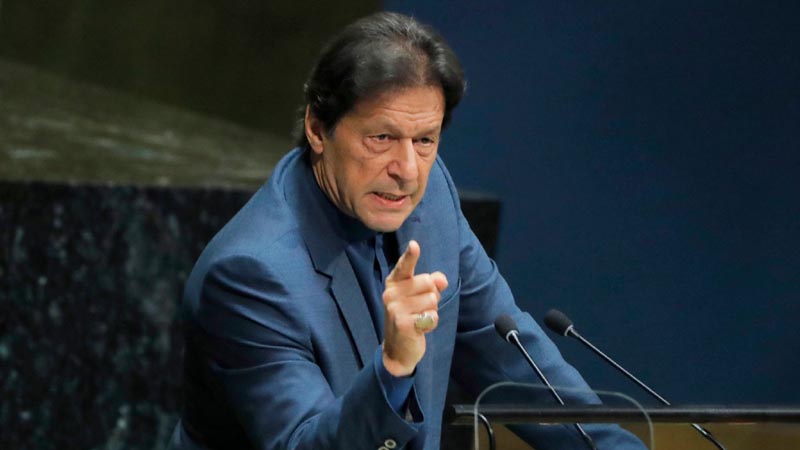 Afghanistan Pashtuns
Afghanistan Pashtuns Pakistan did not gain by favouring Pashtuns in Afghanistan: Expert
Pakistan's move of providing moral and material support to Afghan Pashtuns, oftentimes at the expense of other Afghan ethnic groups, hasn’t served Islamabad well, a geo-politics expert has said.
"Initially, for the first three decades after Pakistan’s founding, it was Afghanistan that regarded itself as a champion of Pakistani Pashtuns’ rights. With the passage of time, however, Pakistan has acquired the upper hand and has emerged as a champion of Afghan Pashtuns’ rights.
"The first signs of Pakistan’s ethnic favoritism emerged toward the end of the Afghan jihad in the early 1990s, when ethnic rifts began widening between various Afghan Mujahedin organizations," wrote Arwin Rahi, who served as the adviser to the Parwan governor in Afghanistan in the past, in his opinion piece published in The National Interest.
"In the ensuing civil war, which was fought mainly along ethnic and linguistic lines, and following the collapse of the Najibullah regime in 1992, Pakistan supported the ethnic Pashtun Gulbuddin Hekmatyar against the ethnic Tajik Ahmad Shah Massoud.
"Later, when the Taliban emerged in Kandahar in 1994, one reason why Pakistan supported them was because of their predominantly Pashtun ethnicity. Similarly, Pakistan was not happy when the United States decided to topple the Taliban regime. Pakistan tried but failed to convince the Taliban to expel Osama bin Laden to avoid the invasion," Rahi said.
Rahi said in recent years Pakistan has toned down its rhetoric in support of Afghan Pashtuns but the overall thinking that Afghan Pashtuns are sidestepped and that they could still be better represented seems to have survived.
Rahi said due to Pakistani ethnic favoritism, non-Pashtuns in Afghanistan have become suspicious of Pakistan.
"If Pakistan wants to expand trade and energy ties with Central Asian republics, it will have to improve relations with Afghanistan’s non-Pashtuns, who have close ethnic and linguistic ties with the people of Central Asia. Pakistan will also have to earn and depend on non-Pashtun Afghans’ goodwill as its trade and energy routes will run through their territory," Rahi said.
"Second, despite favoring Afghan Pashtuns, Pakistan has neither quashed their irredentist sentiments, nor has it built credible trust with them. Most Afghan Pashtuns, including those residing in areas adjacent to Pakistan, are as (if not more) suspicious of Pakistan as non-Pashtuns. For many Afghan Pashtuns, at least in theory, the Afghan territory doesn’t end at the current Pak-Afghan border; it rather ends on the banks of the Indus River," the writer said.
Rahi further aid: "Pakistan should stay aloof from playing favorites amongst Afghan ethnic groups and tribes, and should maintain contact with all Afghan domestic stakeholders and factions. Pakistan’s own past experiences should serve as an eye-opener to help it adopt a different approach. By dissociating itself from sophisticated inter-ethnic and inter-tribal affairs, which it can’t solve or manage, Pakistan will gain respectable leverage in the eyes of all Afghans, which in turn will help Pakistan bring all Afghan factions to the negotiating table to reach a durable settlement."
Support Our Journalism
We cannot do without you.. your contribution supports unbiased journalism
IBNS is not driven by any ism- not wokeism, not racism, not skewed secularism, not hyper right-wing or left liberal ideals, nor by any hardline religious beliefs or hyper nationalism. We want to serve you good old objective news, as they are. We do not judge or preach. We let people decide for themselves. We only try to present factual and well-sourced news.







